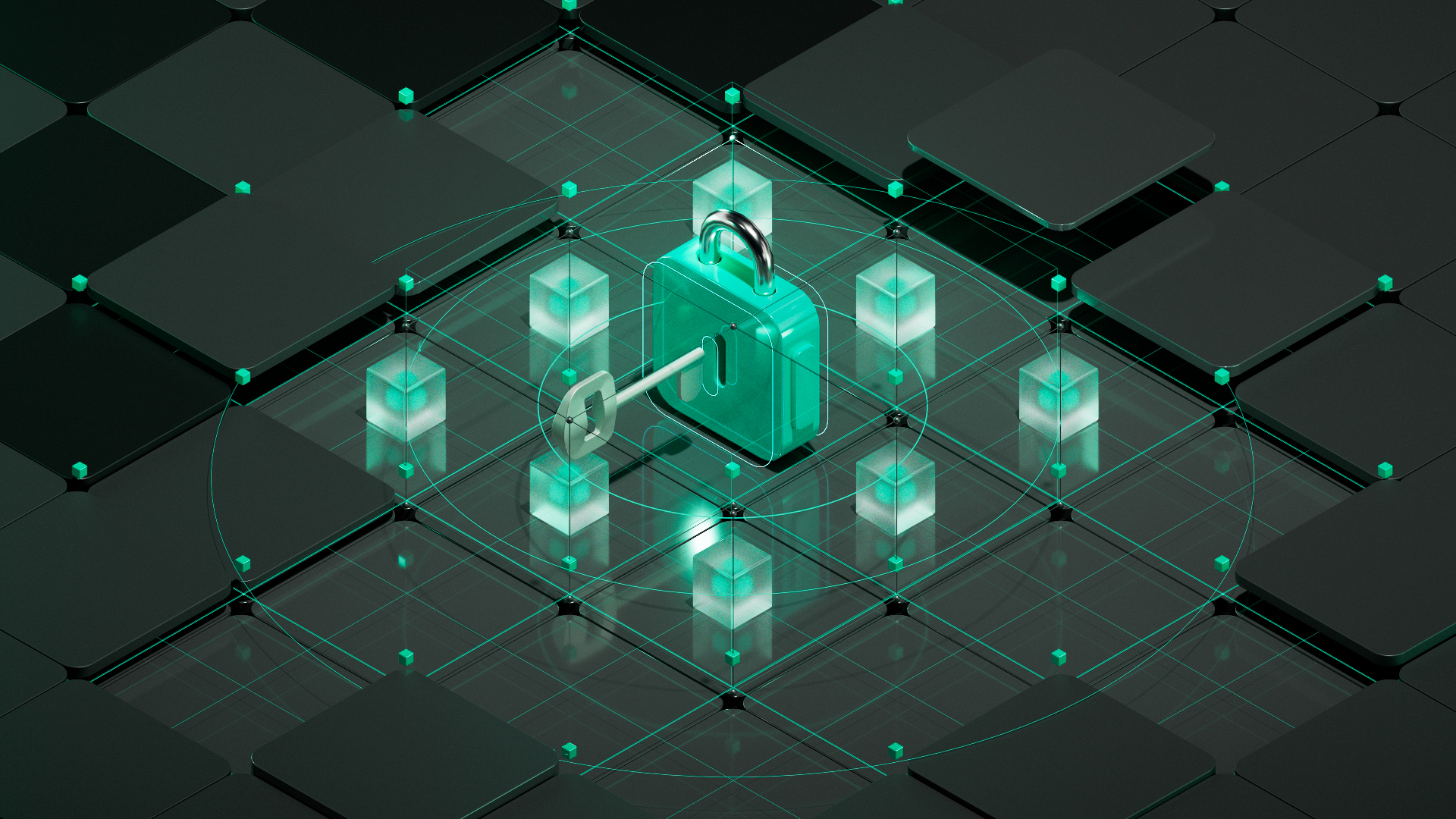Navigating the Booming NFT Market: Essential Legal Considerations and Jurisdictional Insights
Decentralization is considered by many purists as the most crucial aspect of cryptocurrency. However, for non-fungible tokens (NFTs) to gain widespread popularity, it is essential to ensure that artists’ rights are adequately protected. NFTs represent non-interchangeable units of data stored on a blockchain, allowing for buying and selling as well as trading. They hold the potential to represent real-world items, such as valuable artwork.
Despite the potential of NFTs, some artists remain hesitant to embrace this space fully, mainly due to concerns about how legal rights will be upheld in a decentralized environment. For instance, in the event of a dispute, how would such issues be effectively resolved? Negative reports of scams or being “rugged” (where artists or project managers fail to deliver on promises and take investors’ money) have made potential entrants cautious about participating in the NFT market.
As of now, the legal treatment of NFTs is yet to be definitively determined. Key questions arise: Can artists enforce copyright protection? How should instances of alleged image theft, where slight changes are made to the original artwork, be addressed? Since NFTs combine an image with a token, should they be treated similarly or differently in legal terms? The NFT community is divided, with some advocating for regulation while others argue for a completely decentralized approach.
While conventional art law might provide some insights, the uncertainty surrounding how courts will handle disputes related to NFT art law leaves artists and their legal counsel in a state of ambiguity. While some members of the NFT community dismiss these concerns, embracing the excitement of selling art on the cutting edge of technology, other artists remain cautious, awaiting greater certainty before fully committing to NFTs.
“FOMO” (the Fear Of Missing Out)
Once the legal rights surrounding NFT art become more certain, more artists will be encouraged to get involved. However, there is a concern that they might join the trend too late and miss the initial surge. The “Fear of Missing Out” (FOMO) is certainly present in the NFT space, but it’s essential to understand that it’s alright to miss the initial frantic rush. The NFT market is still in its early stages, but progress has been made in implementing a more robust legal structure.
NFTs are undoubtedly here to stay, as evidenced by major auction houses like Sotheby’s and Christie’s accepting bids in cryptocurrency. Twitter is even incorporating NFT verification for profile pictures, and various companies are creating NFTs based on their own brands. Notably, Lloyd’s of London is using the proprietary Appraisal Bureau Method to appraise NFTs for full liability insurance. As institutions increasingly enter the NFT rush, the NFT market will naturally become more regulated. Large institutions seek certainty, and regulation provides the needed assurance in this evolving landscape.
Jurisdiction
Enforcing NFT rights in court may present significant challenges. The jurisdictional aspect is particularly complex, especially in a decentralized network. Determining jurisdiction in an NFT case becomes intricate due to the decentralized nature of the blockchain and the pseudo-anonymity linked to “wallet addresses.” This raises questions about whether any transactions associated with NFTs occurred in a particular jurisdiction. For instance, if an artist from New York City creates NFTs and seeks copyright protection in the United States, but someone copies these NFTs in a country with different copyright laws, what recourse does the New York artist have?
The “Terms and Conditions” on the OpenSea online NFT marketplace, where users trade NFTs, specify that disputes are subject to the laws of the State of New York. However, this agreement does not necessarily subject users to the jurisdiction of New York courts for legal actions other than those involving OpenSea. Merely using a website like OpenSea is generally insufficient to establish “minimum contacts,” and attempting to establish jurisdiction solely based on such use may not meet the requirements of “fair play and substantial justice.”
Selling NFTs on OpenSea should not automatically open individuals up to the jurisdiction of a United States court. Courts across the country are grappling with the question of whether they possess jurisdiction in a decentralized system. For instance, California courts have held that early discovery is not permitted to determine the location of various crypto wallets used to store cryptocurrency and/or NFTs. One district court in California even dismissed a case as it lacked sufficient evidence to establish personal jurisdiction over the defendants.
In a recent case, a California district court granted a motion to dismiss in an NFT-related lawsuit where the defendant allegedly distributed an app-based video game that closely resembled the plaintiff’s copyrighted video game. The court emphasized that the mere availability of downloading the infringing content in California did not create personal jurisdiction. Additionally, the defendant’s advertisements were not specifically directed at California, and there was no evidence to suggest that the California consumer market played a unique role in the defendant’s activities.
Enforcement
A New York City artist could file a lawsuit in federal court, obtain a default judgment for copyright infringement, and then use a subpoena to gather information about the cryptowallet selling the infringing NFTs. With this information in hand, they could attempt to enforce the judgment in the foreign country where the infringing party operates. However, it’s worth noting that even prominent copyright owners have faced challenges when trying to enforce judgments in foreign countries, primarily due to varying copyright laws in different jurisdictions.
The complexity of NFTs lies in their decentralized nature, which adds an interesting dimension to international law and makes it challenging for courts to determine jurisdiction. As NFTs are still in their early stages, the rules and legal framework are still in the process of development and refinement.
Copyright and Fair Use
Other legal issues related to NFTs persist, particularly concerning copyright, which holds significant importance in traditional art law. Under the Copyright Act of 1976, artists and authors are granted copyright protections for their original works and any derivative creations. While art often draws inspiration from previous works, copyright safeguards artists’ intellectual property while allowing others to reference it within the bounds of fair use. Four primary factors are considered in assessing fair use: the purpose and character of the use, the nature of the copyrighted work, the amount and substantiality of the portion used, and the effect on the potential market or value of the copyrighted work (17 U.S.C. § 107).
Regarding NFTs, a crucial factor is whether minting an NFT can be deemed “transformative.” Transformative uses, like criticism, commentary, news reporting, teaching, scholarship, or research, are typically permissible under fair use guidelines. Transformative use involves placing works in a different context, adding new expressions, meanings, or messages, or introducing novel aesthetics. However, it’s important to note that even derivative works generally entail changes in form. Thus, merely presenting the same material in a new form without adding something genuinely new could still be considered a derivative work.
The fair use analysis for traditional art was influenced by the case of Warhol v. Goldsmith, but we are still awaiting insights into how courts will interpret NFTs. The question arises: Are NFTs considered the image itself, or are they the code that links to the image? Is an NFT just a link to the artwork since it can change the connected image, or is the NFT itself considered the image? Both interpretations have their arguments, so the determination depends on the specific circumstances and facts surrounding each NFT case.





